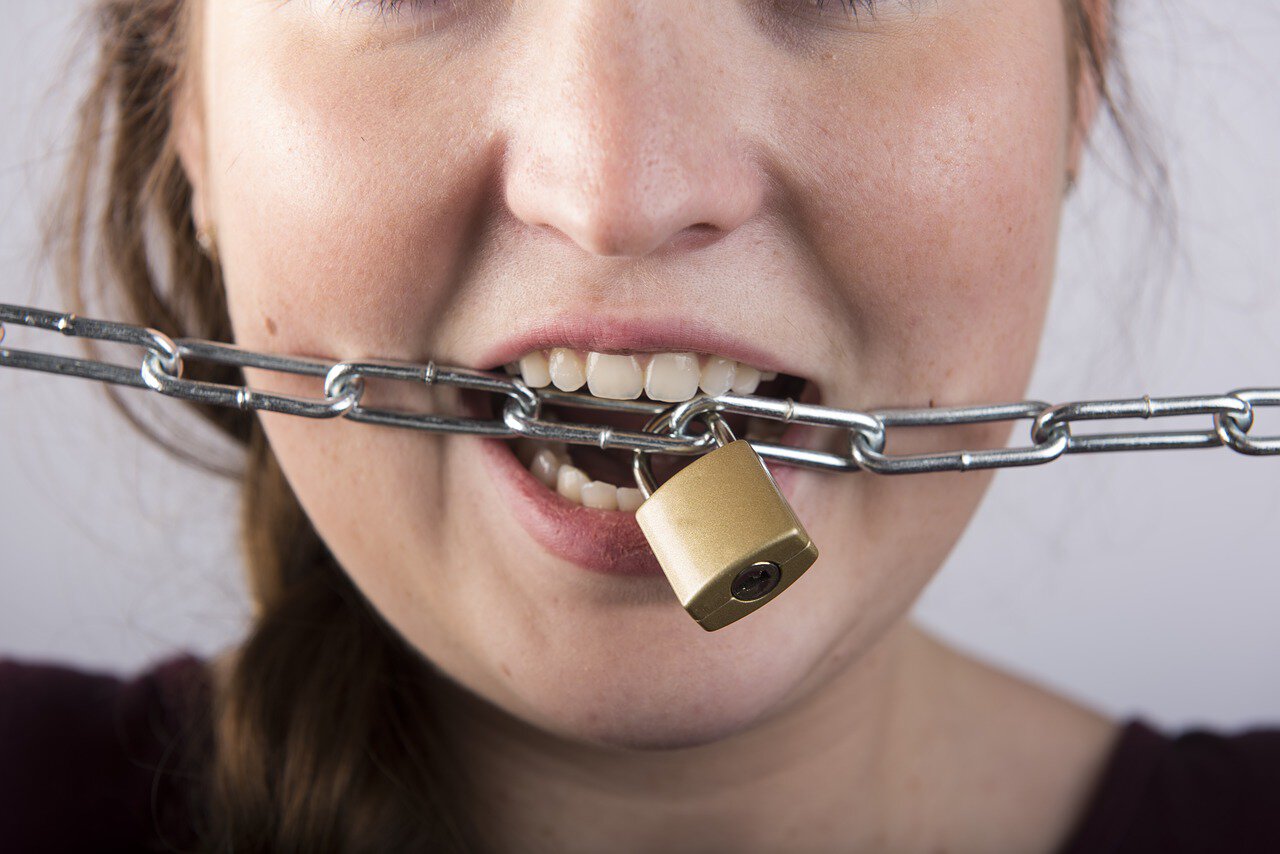


If you have trouble opening and closing your mouth or you are experiencing painful muscle spasms in your jaw, you might have lockjaw. As it is a rare condition, you might be asking yourself: What is lockjaw? How did I get it? What are its symptoms? More importantly, how do I treat it? Let's take a look at what is lockjaw and how you can prevent it from occurring to you.
Lockjaw, also called trismus or tetanus, is a painful condition that affects jaw movement by making the muscles and nerves in the jaw spasm. These spasms make it difficult for the mouth to open and move.
Lockjaw can make it difficult speaking, eating, swallowing and maintaining oral hygiene, which is why it is vital you seek treatment as soon as possible. Lockjaw is not contagious.
Lockjaw can occur from numerous causes, but the three big ones are tetanus, inflammation of the soft tissue and TMJ disorder.

Lockjaw has several painful symptoms; these symptoms appear between three days to three weeks. If left untreated, advanced lockjaw can lead to abnormal heart rhythm, bone fractures, brain damage, bruxism (teeth grinding), choking, clotting in the lungs, dry mouth (xerostomia), malnourishment, mouth ulcers, pneumonia, sore or inflamed mouth (mucositis), tooth decay and vocal cord spasms (laryngospasm).
These complications can lead to death, which is why it is vital you seek treatment as soon as possible.
The best treatment for lockjaw is to get the tetanus vaccine. Most people get it in the DTap (diphtheria-tetanus-acellular pertussis) vaccine when they are babies. Boosters are available every 10 years.
If you haven't received the vaccine, treatment for lockjaw depends on what caused it in the first place and how severe the symptoms are. See your doctor immediately if you suspect that you have lockjaw, as untreated symptoms can be fatal. Most lockjaw treatment includes medication or physical therapy. If the cause is TMJ, you must treat the TMJ disorder first.
There are some at-home treatments to help ease some of the symptoms. Apply a warm compress on the jaw muscles several times a day to loosen them, and apply a cold pack to relieve the pain. Try to do jaw exercise, like opening the jaw slightly and moving the mouth from side to side, to try and unlock the jaw. Stay hydrated. Take over-the-counter pain medication. Gently massage the jaw muscles.
If you're experiencing lockjaw and need help, our Los Angeles dental practice can guide you—schedule a consultation to discuss treatment options.
Dr. Eddie Siman has over 35 years of experience and is a premier TMJ and Sleep Apnea expert in Los Angeles and Orange County. Many come to Dr. Eddie Siman with severe tinnitus, migraine problems, and sleep apnea with no relief in sight. Little do these patients know that their painful symptoms are tied to the Temporomandibular joint (TMJ). Think outside the box and pay a simple visit to Dr. Siman today so you can finally find the source of all your pain and get rid of it once and for all.
Schedule your Private Consultation and Diagnosis Appointment with Dr. Siman Expert TMJ, Cosmetic Dental, and Sleep Apnea Treatments.
Call today (818) 574-5009
14629 Ventura Blvd, Sherman Oaks, CA 91423
414 N. Camden Drive Suite #1240, Beverly Hills, CA 90403